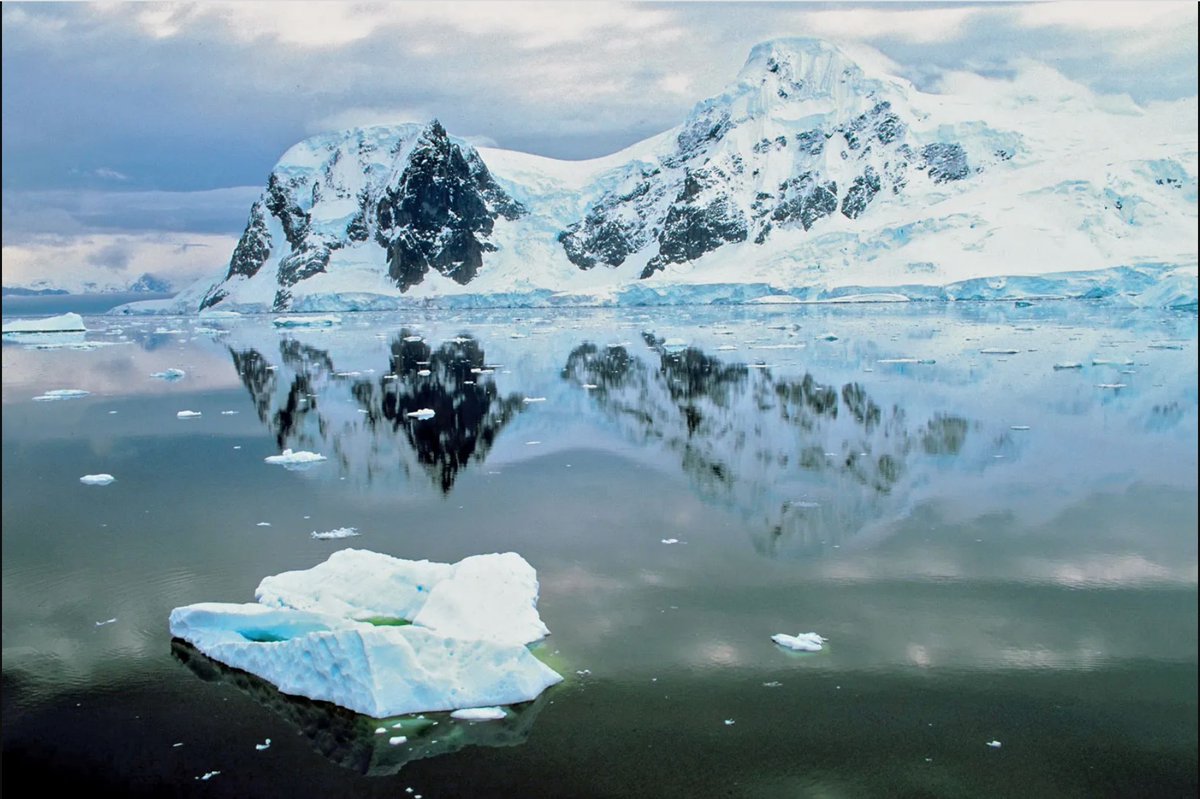The Antarctic has not thawed in 70 years despite constant UN insistence the glaciers are melting. Antarctica is earth's biggest desert & dryest continent & it's been ice covered for 34 million years. One more failure of the radical climate change agenda.https://t.co/qIuMHnqTgC
— Peter Clack (@PeterDClack) May 19, 2024
Arctic sea ice extent is higher today than in 2005, when concerns of potential impacts on polar bears were pushed by "experts." Plenty of sea ice at mid-April 2024 for spring feeding & mating, as there was in 2005 pic.twitter.com/p49evK3MHJ
— Susan J. Crockford (@sjc_pbs) April 19, 2024
Most of the world's coal beds formed hundreds of millions of years ago in verdant forests which thrived at much higher levels of CO2. We have hundreds of millions of years of history showing that life thrives at high levels of CO2, yet #ClimateScam professionals continue to lie. pic.twitter.com/ticYl7lASK
— Tony Heller (@TonyClimate) May 20, 2024
My message is the planet is NOT in peril. …
— Robin Monotti (@robinmonotti) May 19, 2024
Satelloon image of a coastal region (Decades of images).
— Bronze Giant (@RjNol) April 30, 2024
Can you notice any increase in ocean levels?
Are they lying to us about rising sea levels?
What is the real reason for the climate change narrative? pic.twitter.com/25Bhlhxi9S
There are hot and cold spots around the world there is no global heat wave the planet is not burning up there are places well above normal and below anyone wanna bring up Argentina Cold just as impressive as warm in deviations from normal pic.twitter.com/HN6kap0I9M
— The American Storm (@BigJoeBastardi) July 19, 2023
Heat Islands
No responsible scientist would use temperature data contaminated by the urban heat island [or UHI] effect to make a point about global warming. Here's the data from Brooksville, just 50 miles north of Tampa. See a crisis? NO. Don't use contaminated urban data. https://t.co/sWQ0ezDBEy pic.twitter.com/Xy6eVYM1sQ
— Chris Martz (@ChrisMartzWX) July 6, 2023
Another official station thermometer feeding the urban heat island effect into the global surface temperature record. https://t.co/KgUBkb8yws pic.twitter.com/B3be0eO5qb
— John Dodders (@Dodders75) December 16, 2023
Coral
When discussing coral bleaching, the assumption immediately defaults to blaming mythical “climate change” instead of looking for the real cause.
There are many causes of bleaching, including changes in salinity, UV radiation, sedimentation, and pollution. Coral bleaching is a response to environmental stress, not just temperature fluctuation.
New study:
— Kenneth Richard (@Kenneth72712993) August 22, 2023
A marine heatwave bleaching event affected 75-98% of GBR coral cover in April 2020.
The resilient corals recovered in months. In fact, there was slightly more deep coral coverage in October (65.5%) than before bleaching began in April (62.3%).https://t.co/732wZl8eDF pic.twitter.com/gba2awc0ji
